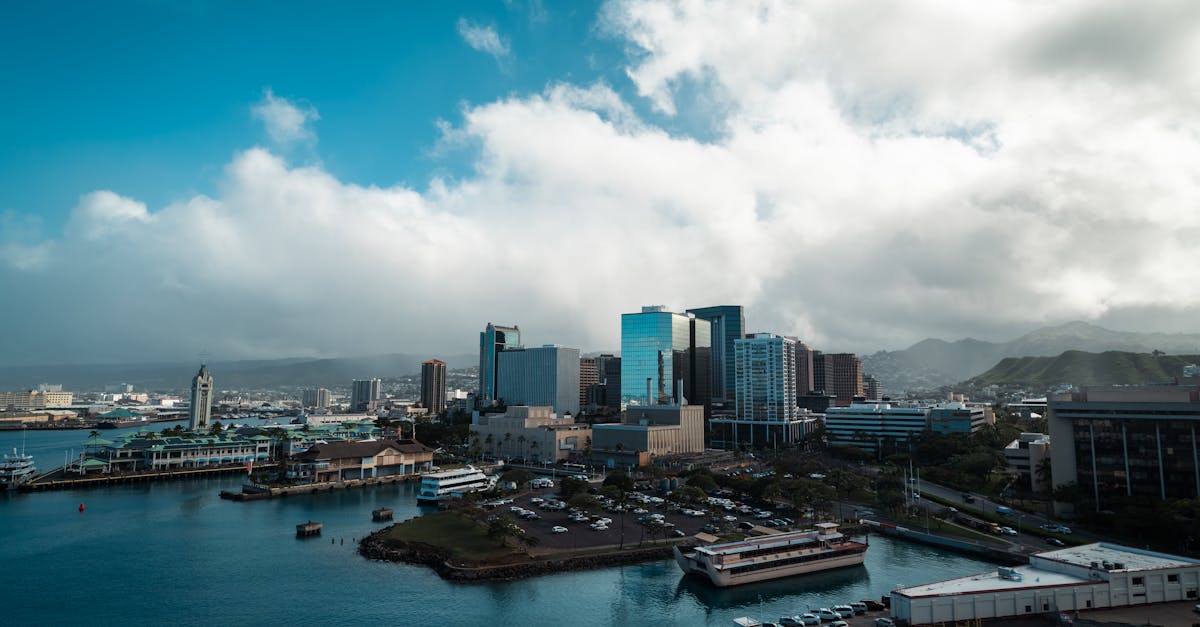The interisland shipping landscape in Hawaii is dominated by Young Brothers, a situation that has drawn criticism regarding its impact on the local economy. A recent letter to the editor, published by Honolulu Star-Advertiser, highlights concerns about the company's monopoly on interisland freight, noting that while other carriers like Matson and Pasha operate in the islands, they don't offer interisland services.
Young Brothers' financial situation has become precarious, prompting the company to request rate adjustments. In October 2024, Maui News reported that Young Brothers filed a rate case with the Hawai’i Public Utilities Commission (PUC), seeking a $26.3 million revenue increase, or an average 20% increase in rates for most cargo. The company cites rising operational costs, critical investments in equipment and infrastructure, and the necessity of sustaining interisland shipping services as justification. However, the proposed increases have met opposition. Maui Now reported that the Maui County Council and Consumer Advocate opposed the proposed rate hikes. The inter-island shipper attributes the need for rate adjustments to a 17% rise in operational costs since 2020 and over $120 million invested in fleet and harbor infrastructure.
The lack of direct competition allows Young Brothers to control prices, impacting businesses dependent on shipping goods between islands. This is particularly relevant for entrepreneurs and small business owners, as increased shipping costs can significantly affect their bottom line and competitiveness. Joseph Boivin, President of Young Brothers, discussed sharpening its competitive edge by enhancing operational efficiencies and reducing costs, as reported by Hawaii Business Magazine. He also mentioned the importance of meeting the demands of local economy and improving harbor infrastructures.
While Young Brothers has invested in modernizing its operations, as evidenced by a new ShoreTension mooring system at the Port of Kaumalapau in Lāna‘i, its financial challenges raise questions about its long-term sustainability and the need for alternative solutions. In the past, the introduction of competition has been explored. Maui Tomorrow noted that Pasha Hawaii was allowed to enter the market. The PUC granted Pasha’s request to provide bi-monthly dedicated roll on/roll off service between Oahu, Maui and the Big Island. An audit, as reported by Civil Beat, also found that Young Brothers' management failed to offset rising labor costs. The future of interisland shipping in Hawaii likely hinges on the need for increased efficiency, cost control, and perhaps, the introduction of greater competition to serve the needs of businesses and residents across the islands.



